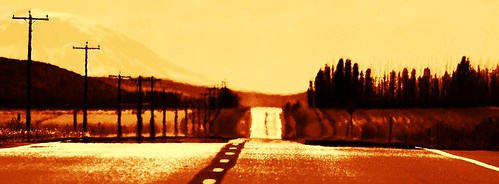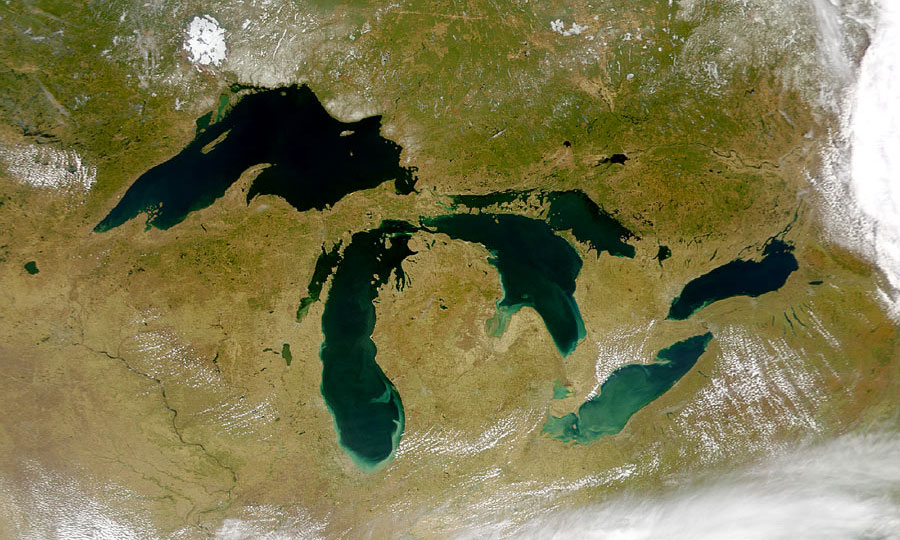[Post author: Scott Butner]
So.
The other day, I was invited to make the occasional contribution to this blog. I was handed a password and a user ID, few constraints and even less guidance as to what would be an appropriate set of topics on which to record my thoughts. I guess they figured someone who has been doing P2 related work for 20+ years can be expected to say something relevant now and again, even if only by accident.
This is akin to giving your 16 year old son the keys to the Porsche (and no, I do NOT have a Porsche — yet) and telling him to “feel free to take it out for a spin, but don’t get in any trouble.”
Yeah, that’ll work out real well.
Well, we will see what we will see. I promise to try and be well-behaved. If I find myself diverted down some back-country dead end miles from the Information Superhighway, I will rely on our readers, and the good folks at GLRPPR to point me back in the direction of the main road.
What I intend to write about — mostly — is the intersection between pollution prevention (and other forms of technical assistance) and information technology. How do we put the right information — in accessible forms, at the right time, and most importantly in the right context — in the hands of people who are faced with decisions that make a difference to the environment? How can emerging technologies and trends — social computing (turning loose the wisdom of the crowd), semantic web technology, even this blog — play a role in producing a greener world?
These are the sorts of questions that have kept me up at night for the past 20 years. Well, those questions, and “where’s the remote control?” — that one’s usually good for a few hours. And while, as a researcher, I have always been more interested in the questions than the answers, I’ll try to at least point to people and programs that I think may be on the right track in some way.
So. We’ve got a full tank of gas, the keys to mom and dad’s car, and miles of road ahead and behind us. The iPod is filled up with songs.
It’s time for a road trip.
We may not get there very fast, but then again, it’s all about the journey, right? At least, that’s what I always told my parents when my trip to the grocery store ended up with me 80 miles down the highway, wondering if they’d hidden any gas money in the car.
We’ll see how far we get before they take away my keys.



